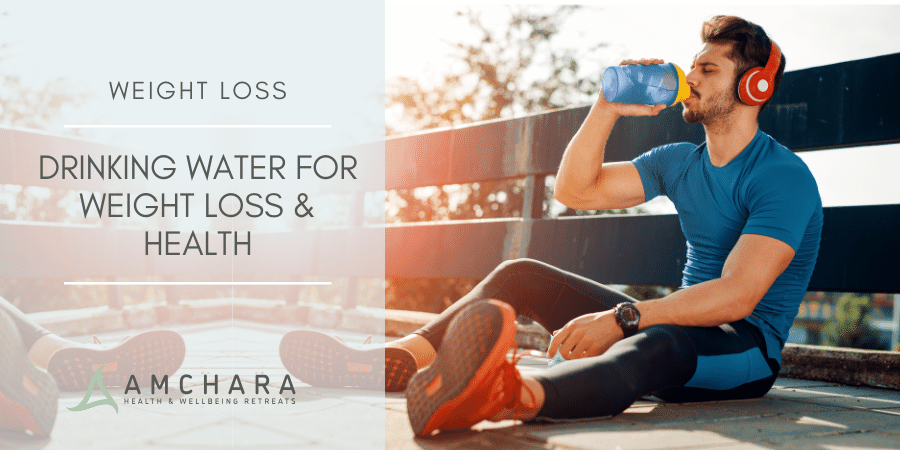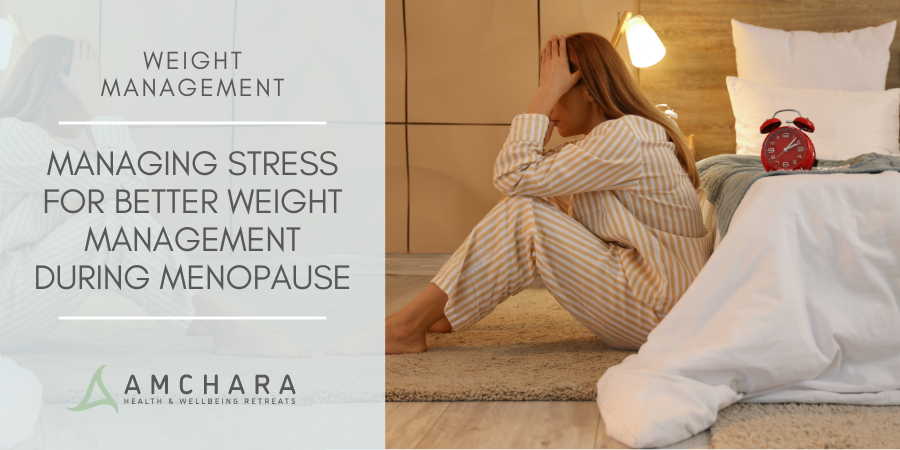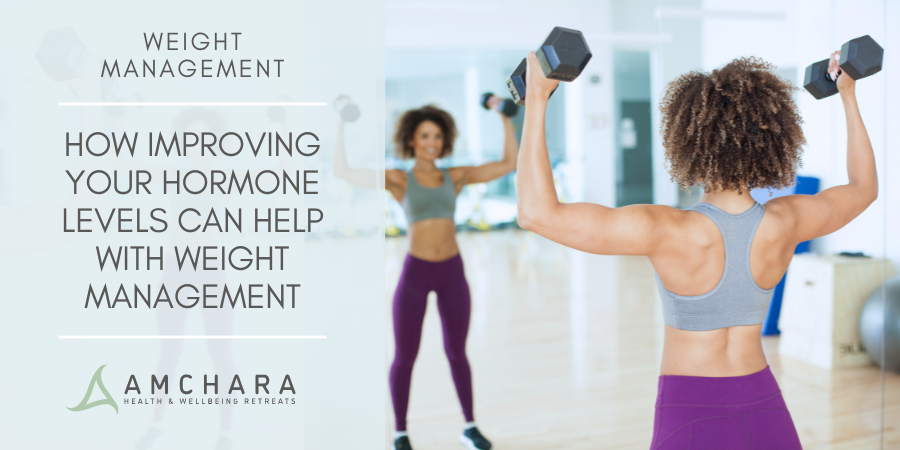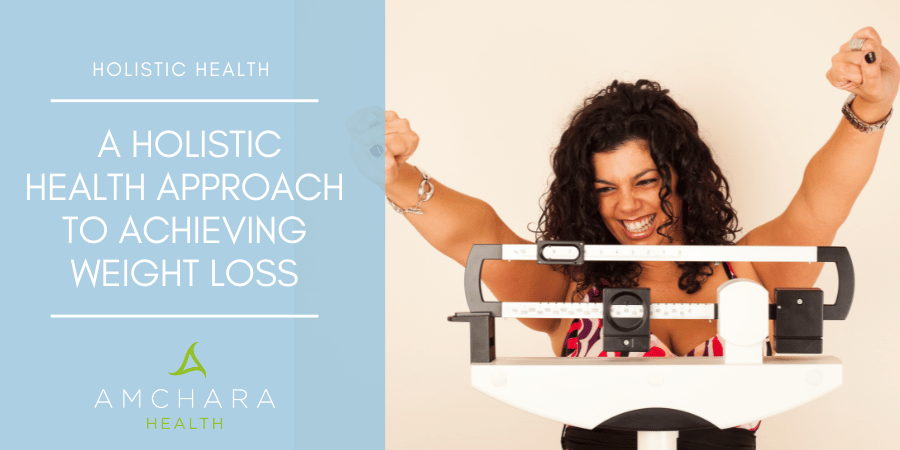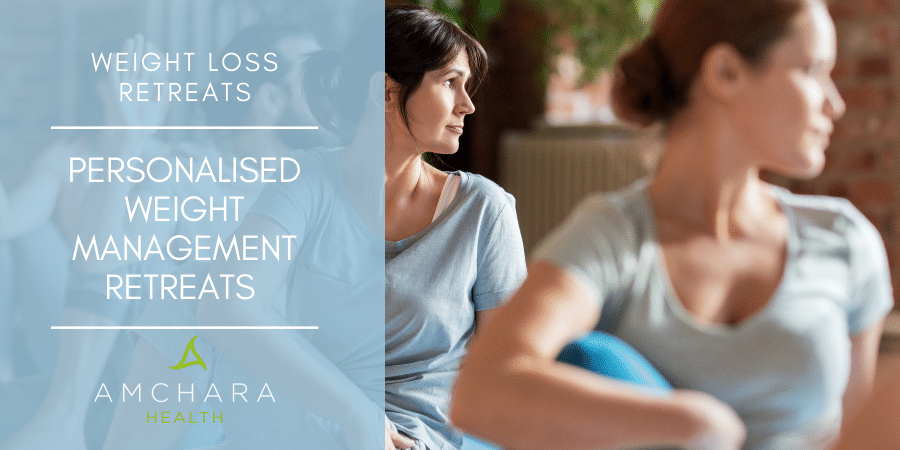Water is necessary for your body to digest and absorb vitamins and nutrients.
It also detoxifies the liver and kidneys, and carries away waste from the body.
And when it comes to digestion it’s just not happening without water.
Fibre alone cannot aid proper digestive function by itself. In fact, without water as its partner, good fibre goes bad, causing constipation and extreme discomfort.
What Are the Benefits of Drinking?
Drinking water is important if you’re trying to lose weight, some studies have shown that thirst and hunger sensations are triggered together.
If there is slight dehydration the thirst mechanism may be mistaken for hunger and one may eat when the body is actually craving fluid.
As most food contains some water, if one doesn’t drink much they may be subconsciously driven to eat more to gain the necessary water supply, however, you also gain the undesired effects of increased calorie consumption.
Drinking more water can help to prevent overeating and benefit weight loss.
Another benefit of drinking water includes the fact that proper hydration combats crankiness and anxiety.
Perhaps you’ve noticed that most beverages don’t really quench your thirst, they just satisfy the urge to have a taste in your mouth.
Yet another benefit of drinking water is that it can help you to lose weight.
If you drink water every time you’re hungry instead of eating, it can often substitute for high calorie food!
- Drink Before Meals
- Drink it ice cold
- Skip All Other Drinks
- Sip When You’re Hungry
- Don’t Go Overboard
- Drinking Water Reduces Appetite
- Reduced Calorie Intake
- Lower Risk of Weight Gain
- Makes You Burn More Calories
It is better to drink smaller quantities of water more frequently than to drink a lot of water at one time.
It is recommended to drink 8 half pint glasses of water per day and if you have not been drinking water regularly, you should double the recommended amount because your cells are already dehydrated.
Make sure that you don’t drink too much water in the morning prior to beginning any physical activity. It is essential to plan a proper routine for water drinking.
Our skin is comprised of 90% water. And so without the right amount of water to keep that level, the skin tends to be unhealthy and dry.
In fact, dehydration does not affect the skin alone, but the rest of the body as well, including the vital organs like kidneys and lungs.
Make sure you drink enough water
If you really want the water you drink to help you lose weight, you should follow the “8×8” rule recommended by most nutritionists:
Drink eight eight-ounce glasses of water per day for weight loss and to maintain an ideal weight.
You might need to drink more water if you exercise a lot or sweat heavily, or less water if you drink other beverages like herbal tea (make sure they are decaffeinated).
Water is Essential to Your Health!
In general, most people are in a state of constant dehydration because they are not getting enough water.
Drinking water can most certainly help with weight loss, and also prove beneficial to your health in many other ways.
If you’re just starting on your weight loss journey, increasing your water consumption is always a great first step.
You may be so fixated on cleaning up your act with food this year that you’ve overlooked the importance of water.
Water doesn’t just quench your thirst; water has many other benefits as well as having a mystical property that most people are not even aware of.
Water for Survival
We consist of approximately 60-70% water and the average person needs between 2-3 litres a day to maintain good health.
The exact amount very much depends on the individual, their body weight, their activity levels and the environmental conditions at the time.
Water is lost throughout the day via the skin, the breath, faeces and urine.
Diarrhoea and vomiting can also increase fluid losses. It goes without saying therefore, that you should try hard to keep up your fluid intake when you are ill.
There’s no need to panic though if you’re not managing to guzzle 2 litres of bottled water a day….
Your body itself will produce about 350mls a day just through internal metabolic processes and you are probably consuming at least 1-2 more litres a day just through your consumption of food, and other beverages.
Despite what many people think drinks such as tea and coffee also count towards your daily water intake.
For individuals who are not used to drinking caffeinated drinks, tea and coffee may have a diuretic effect, but some water will still be retained by the body.
Regular tea and coffee drinkers build up a tolerance to it and therefore it has little effect on their hydration status.
Although it should be pointed out here that too much caffeine may have other detrimental effects.
The human body is a very sophisticated and complex organism – your kidneys and your sense of ‘thirst’ very cleverly manage to maintain the correct balance for your body’s needs.
This is why it is so important to recognise when you are feeling thirsty. In most healthy people an overwhelming sensations of thirst ensures that dehydration does not occur.
However, the control mechanisms in the brain that signal thirst lessen with age so often the elderly become easily dehydrated.
Some of the early symptoms of dehydration:
- Lethargy
- Confusion
- loss of apetite
- palpitations
- nausea
- muscle cramps
- constipation
Lack of hydration is sometimes an occupational hazard.
The distractions of a stressful or heavy work-load are often to blame for inadequate water consumption.
It is easy to override the sensation of thirst or worst still ignore it.
The colour of your urine is one of the easiest ways to determine if your body needs water.
If you are well hydrated your urine should be clear to pale yellow in colour. Keep this in mind next time you visit the toilet!
According to studies our bodies can moderate the metabolism to conserve energy; some people have been known to survive as long as 20-40 days without food.
However without water our days are numbered! 2-5 days is all you can hope for, so indeed it is essential.
Water plays many vital roles in our daily lives.
- It is the main source of energy because it transports the nutrients that our cells need to generate energy and provides the environment that the cells need in order to produce it.
- It is the main solvent for all vitamins and minerals and allows for absorption of all the essential substances in food.
- It is the main lubricant, not just in joint spaces preventing arthritis and back pain but also in maintaining skin moisture.
- It helps to keep blood flowing- reducing clotting and the risk for strokes and heart attacks.
- It clears waste throughout the body carrying it to the liver and kidneys for excretion.
- It keeps the eyes moist and shiny.
Water and the brain
Water occupies 85% of the brain and is as important as oxygen for maintaining optimal brain function.
It facilitates the transport of all messages in the brain, which means keeping hydrated helps to aid concentration and keeps you feeling bright and alert. Giving the brain adequate supplies of water is also thought to help prevent headaches and migraines.
Does drinking water really help you think though? Common folklore suggests it does, but there is also research evidence that supports this idea.
A small study carried out in 2013 confirmed that drinking water when you feel thirsty really does boost your brain’s reaction time – so drink up!
The magical qualities of water
Quite apart from the vital functions that water performs in our body, there is a belief that water holds memories.
According to Dr. Masaru Emoto who has published a book on the subject, water not only has a memory but also changes its quality according to the information it takes in.
Whilst in the United States Dr Emoto was introduced to the concept of micro-cluster water and Magnetic Resonance Analysis technology, and this prompted his fascination with the mysterious qualities of water. He began to research water extensively around the planet and soon realized that water in its frozen crystal form shows its true nature.
His experiments involved labelling bottles of water with positive and negative words. i.e. ‘thank you’ on one and ‘fool’ on another, then he froze the water and photographed the crystals that emerged.
What he found was quite remarkable.
The bottles of water labelled with positive words produced beautiful crystal formations whilst those labelled with negative words formed broken or fragmented crystals.
He replicated this experiment many times in different languages and found that the results consistently showed the same differences in crystal formation.
Through his ground-breaking research Dr Emoto has discovered that water is deeply connected to our individual and collective consciousness.
He has introduced the novel idea that water not only reflects the physical world surrounding it but that it also mirrors the consciousness of the beings that surround it.
Most would agree that the use of positive, compassionate words comfort and heal and that negative words and insults cause harm.
Prior to his research we could only feel this but now through the crystallised forms of frozen water it is possible to see it.
If water is so clearly affected by the information it takes in, it follows that we as humans (being around 70% water) are similarly affected and should subject ourselves to as much positive information as we can to reap the benefits to our health.
Dr. Emoto is the author of several bestselling books, including The Hidden Messages in Water, The True Power of Water, The Secret Life of Water, and a three-volume photo collection of beautiful water crystals and commentary.
RELATED STORIES ABOUT WATER
